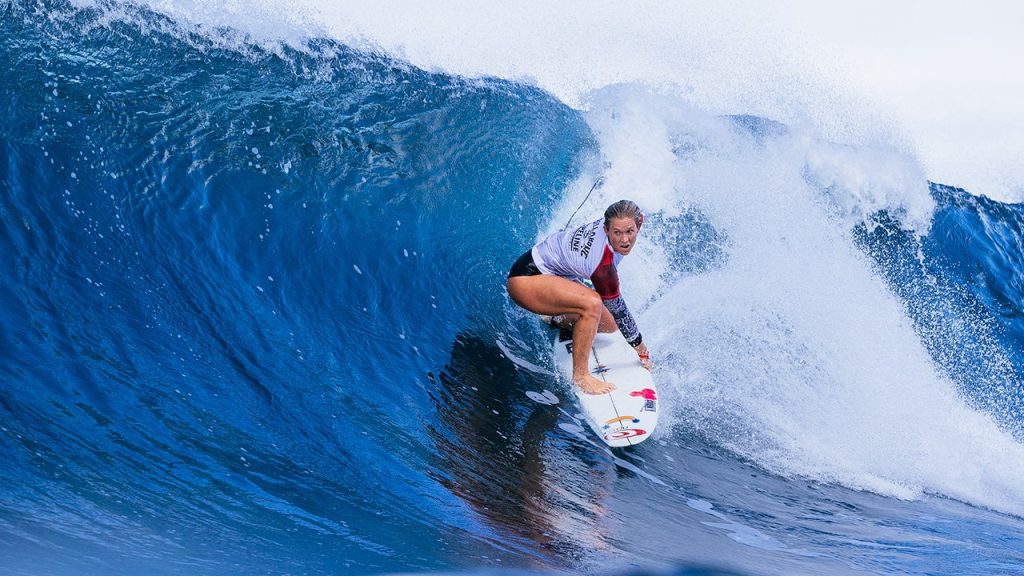American surfing legend Bethany Hamilton has criticized officials in California for allowing a transgender surfer to compete in the women’s division at the Huntington Beach Longboard Pro. This controversy arose after organizers of the event were initially planning to ban transgender athletes, but were told by the California Coastal Commission that this would violate the Coastal Act. Hamilton expressed her disagreement with this decision on social media, stating that it is unfair to allow males to compete in female surfing events.
The California Coastal Commission sent a letter to Todd Messick, founder of the American Longboard Association, informing him that a ban on transgender athletes would go against the public access, recreation, and environmental justice policies of the Coastal Act. The letter also mentioned that complying with the policies of the World Surf League (WSL) and International Surfing Association (ISA) is essential for maintaining public recreational opportunities for all competitors. Without meeting these standards, the event risked not qualifying for a permit under the law.
In response to the pressure from the California Coastal Commission, the American Longboard Association reversed its stance on transgender inclusion in the competition. Messick announced that they would support biological males and females in their respective divisions, in line with the ISA’s transgender policy. This move was seen as an effort to provide an equal playing field for all athletes, while also complying with the necessary regulations outlined by the commission.
The controversy surrounding transgender inclusion in surfing events was highlighted by the case of transgender surfer Sasha Jane Lowerson, who had planned to compete in the women’s division at the Huntington Beach Longboard Pro. Despite paying the entry fee, Lowerson did not receive a response from Messick and ultimately decided not to participate in the event. The ISA’s updated transgender policy allows transgender athletes to compete in women’s events if they meet specific criteria related to their gender identity and testosterone levels.
Overall, the issue of transgender inclusion in surfing competitions continues to be a topic of debate, with concerns raised about fairness and equality for all athletes. The decision by the American Longboard Association to reverse their ban on transgender athletes came after pressure from the California Coastal Commission and officials from surfing organizations. Moving forward, it will be important for event organizers to ensure compliance with the necessary policies and regulations while also promoting inclusivity and diversity within the sport.


